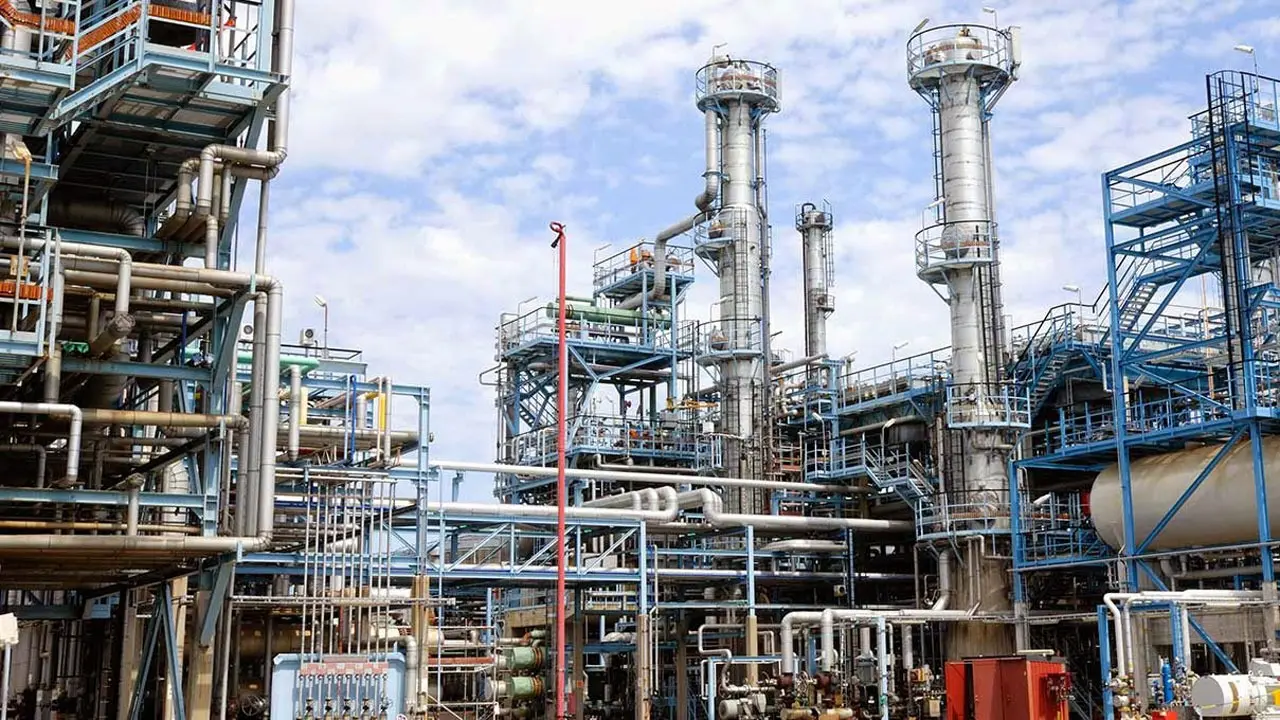THIS week, as I refueled my car, I couldn’t help but be struck by the sharp contrast between petrol prices here in Metro Atlanta and in Nigeria.
In Metro Atlanta, fuel prices hover at $2.70 per gallon, which is equivalent to around 67 cents per liter. (Four liters make up a gallon.) Translating this into naira reveals a stark discrepancy. At the current exchange rate of 1,647 naira to the dollar, a gallon of petrol in Atlanta equates to approximately 5,200 naira or 1,102 naira per liter. That’s astonishingly cheaper than Nigeria’s prevailing rate of around 1,300 naira per liter.
This disparity grows even more troubling in light of the wildly differential minimum wage standards between Nigeria and the United States. In the United States, the federal minimum wage is $7.25 per hour, which amounts to roughly $1,200 a month. Converted into naira, this comes to nearly 1,974,000 (one million, nine hundred and seventy-four thousand) naira.
Note that almost no one earns the minimum wage. Even the lowest remunerated workers here earn above the minimum wage. For example, my 16-year-old daughter who works at an entertainment restaurant chain on weekends earns $13 an hour.
Meanwhile, the federal minimum wage in Nigeria is a piddling 70,000 naira, or around $42.55. In other words, Nigerians with a minimum wage of 70,000 per month pay a higher rate at the pump than Atlantans with a minimum wage of 1.9 million naira per month.
When one presents these figures, defenders of past and present Nigerian regimes— and clueless, stonyhearted neoliberal evangelists— often argue that it’s fruitless to compare Nigeria with the United States, the world’s largest economy.
Yet, it’s worth noting that the U.S. does not indulge in the luxuries afforded to Nigeria’s ruling political elites. For instance, while American presidents pay for their own meals, including the meals of their guests, Nigeria allocates billions for the upkeep of its first families.
Such contrasts illustrate not merely economic differences but also the broader question of public accountability and fiscal priorities.
In much of the developed world, government subsidies for fuel are deemed vital, particularly where public transport systems are not robust. In the U.S., for example, state governments sometimes provide targeted subsidies to cushion residents from high fuel prices.
The lower fuel prices in America are facilitated by state subsidies aimed at counterbalancing a lack of comprehensive public transit options, as is the case in Western Europe.
For instance, the governor of Georgia, Governor Brian Kemp, recently decided to suspend fuel taxes in Georgia following Hurricane Helene, which temporarily reduced petrol prices to around $2.50 per gallon. This is typical all over the United States.
The Center for Investigative Reporting found that the true cost of petrol in the United States is $15 per gallon, that is, $3.75 per liter. Converted into naira, that would amount to 24,648.90 naira per gallon or 6,162.23 naira per liter. But the average pump price of petrol in the United States is $3.16 per gallon.
(Gas prices can vary greatly within each state, with Texas having the lowest price of $2.669 per gallon and California the highest price at $4.68 per gallon. Note that California’s minimum wage is almost twice the federal minimum wage at $16.00 an hour.)
Americans don’t pay the actual cost of petrol because their state governments spend billions to subsidize their petrol consumption. According to the IMF, which has demonized fuel subsidies in the developing world, compelled governments to remove subsidies, and recruited scorn-worthy traitors to brainwash poor people into accepting that subsidies are bad for them, the United States spent $757 billion in fossil fuel subsidies in 2022 alone.
Globally, the IMF said, “subsidies surged to a record $7 trillion [in 2022] as governments supported consumers and businesses during the global spike in energy prices caused by Russia’s invasion of Ukraine and the economic recovery from the pandemic.” That represents 7 percent of global GDP.
U.S. state governments spent a significant sum on fuel subsidies, largely as part of measures to alleviate the impact of elevated energy costs. These measures included gas tax holidays, direct consumer grants, and discounts, aiming to shield residents from the global surge in fuel prices following supply disruptions caused by international events like the Ukraine crisis.
These interventions illustrate the fiscal lengths governments are willing to go to stabilize fuel costs for their citizens amid economic challenges.
Countries as diverse as Egypt and Indonesia have similarly leveraged fuel subsidies to maintain price stability, alleviate poverty, and stimulate their economies. These examples illuminate a fundamental principle that subsidies, when properly managed, can serve as powerful tools to bridge income disparities and invigorate economic growth.
But not Nigeria. Nigerians face relentless economic strain despite residing in an oil-producing nation. It’s a country where, somehow, people have been persuaded by a sophisticated mob of well-compensated spin doctors that exorbitant fuel prices are an unavoidable reality to which they must resign themselves.
For a resource-rich nation, which is also among the poorest globally, this is a bitter, disconcerting irony.
Those who denounce subsidies as inefficacious or detrimental often betray a limited understanding of their societal role, or worse, they may advocate for policies that consolidate wealth at the top.
In societies grappling with inequality, subsidies can mean the difference between bare survival and a modest but dignified life for millions.
To disparage such measures, particularly in a nation with profound economic inequalities, is to endorse a vision of society that is untenably divided—and to invite criticism that should rightly be directed not only toward them but, if you’ll pardon the expression, toward the legacy of those who espouse such values.
It is a grave irony, and a deeply unjust one, that the people of Nigeria — a nation abundantly blessed with oil wealth — must endure petrol prices that surpass those of Atlanta, a city in one of the world’s richest nations. This, while the average Nigerian subsists on a minimum wage of approximately $45 a month, a pittance that could scarcely fill a tank, let alone sustain a family.
The removal of petrol subsidies is not merely an economic policy; it is a sentence handed down to the already struggling, forcing countless Nigerians to choose between transportation, sustenance, and survival. The ripple effects are evident in unchecked inflation spirals, faltering businesses, and tragic loss of lives in the wake of avoidable hardship.
To govern is to protect, to prioritize the well-being of the many over the convenience of the few. To abandon subsidies under the guise of fiscal responsibility while the vulnerable teeter on the edge of despair is neither responsible nor just. It is, instead, an abdication of moral duty.
President Tinubu should restore the subsidies, not as a concession, but as an obligation to the people he is obligated to serve. To do so is not to admit defeat but to affirm humanity, to wield governance as a tool of compassion rather than austerity.
After all, what use is a nation’s wealth if it is not deployed in the service of its citizens? Let Nigeria’s oil be a blessing once more, not a bitter reminder of inequalities entrenched and lives disregarded.
READ ALSO: PH refinery: Market forces will continue to determine petrol pricing — NNPCL

 2 hours ago
2
2 hours ago
2













